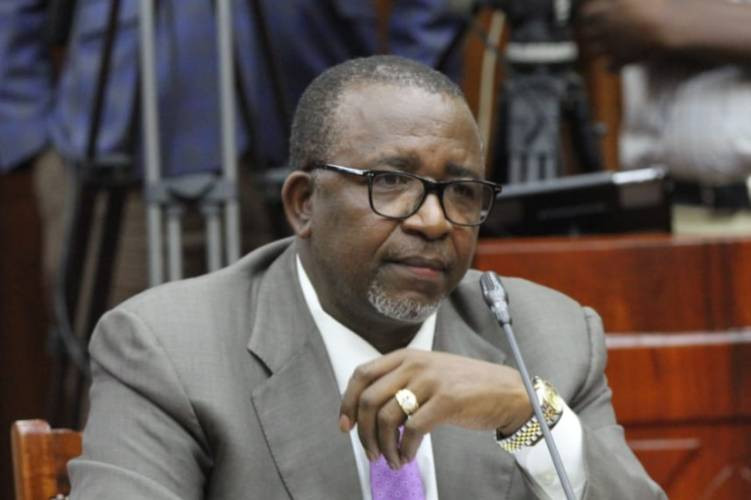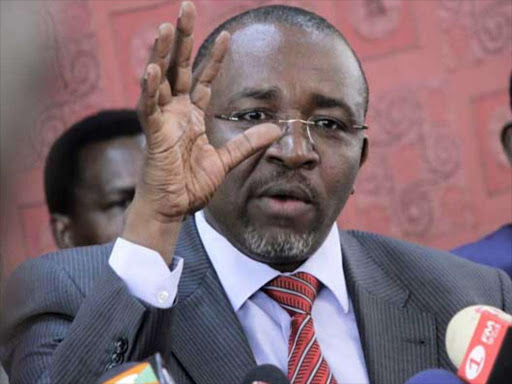Just one month after Kenya's Agriculture Cabinet Secretary Mithika Linturi confirmed the government's agreement with Zambia, whereby Zambian farmers will cultivate maize exclusively for export to Kenya, Zambia claims it is having a shortage and will not export maize to Kenya.
Situmbeko Musokotwane, Zambia's finance minister, stated that they are looking to import maize to augment the poor yield seen last season in an interview that The East African published on Wednesday.

Musokotwane claimed that everyone knows about the maize shortage, particularly in border regions near the Democratic Republic of the Congo, Tanzania and Malawi. To alleviate shortages, the administration made the most prompt decision to permit importation to supplement what we already had.
He claimed that to lower the crop price, Zambia's Treasury had already eliminated tariffs and other fees that applied to imports of maize.
Did you read this?
The minister continued that the taxes have been eliminated, and the private sector is now free to import goods from anywhere, including South Africa, to help address the shortages.
On March 6, CS Linturi and his counterpart from Zambia, Mtolo Phiri, announced an agreement that authorized large-scale maize production in Zambia for sale to Kenya. Growing maize in Zambia is more affordable, according to Linturi, because of low production costs and good weather.

However, Musokotwane hesitated to endorse Linturi's strategy in the interview on Wednesday since Phiri had yet to give him a thorough explanation.
"That is a bit of information that the Minister for Agriculture in Zambia can handle," the Zambian finance minister said.
Mithika had also claimed that Zambia had consented to give Kenyan farmers land in Southern Africa for extensive farming. The CS said that Kenyan farmers would be given 20,000 hectares of land to cultivate maize and sell to the government.
To help farmers meet the demand for maize locally, the Kenya Farmers Association urged government officials to supply field inputs during the planting season instead. According to the Kenya Farmers Association, the idea would negatively impact prices and maize production in Kenya's North Rift region, which provides the majority of the country's domestic maize supply.









